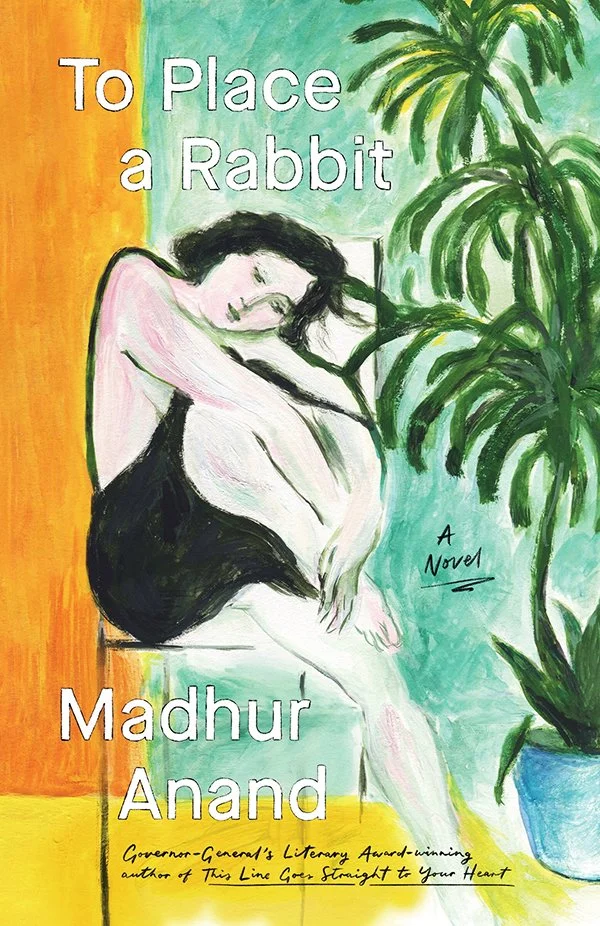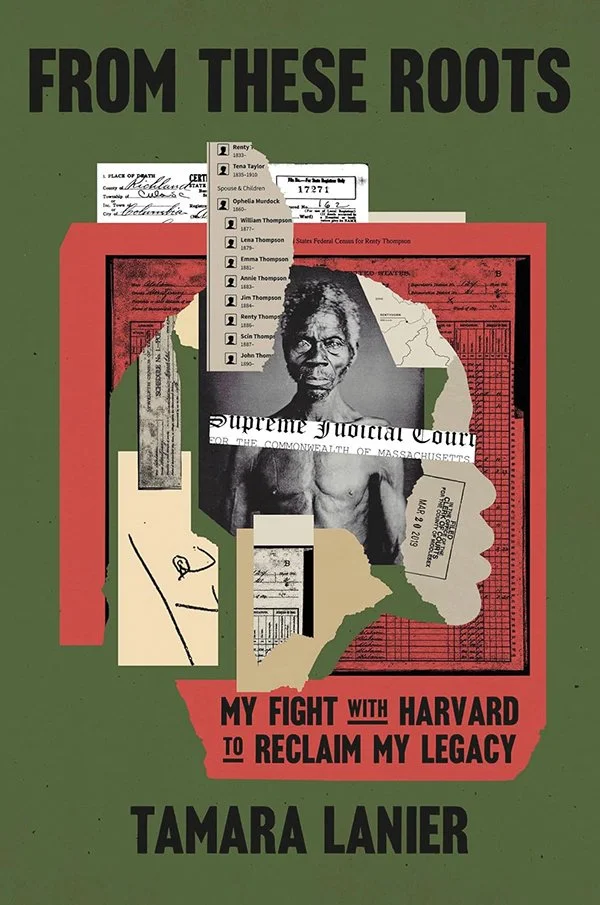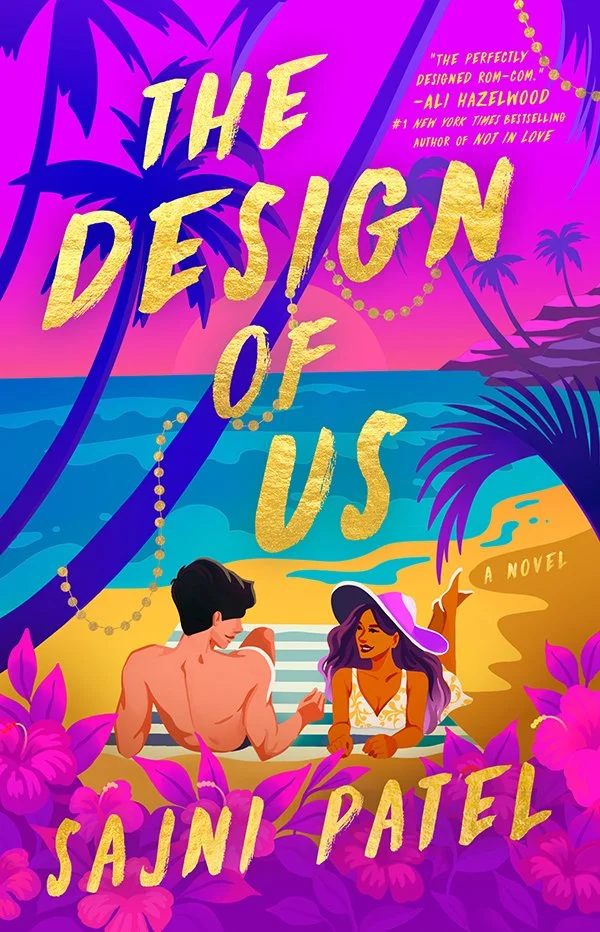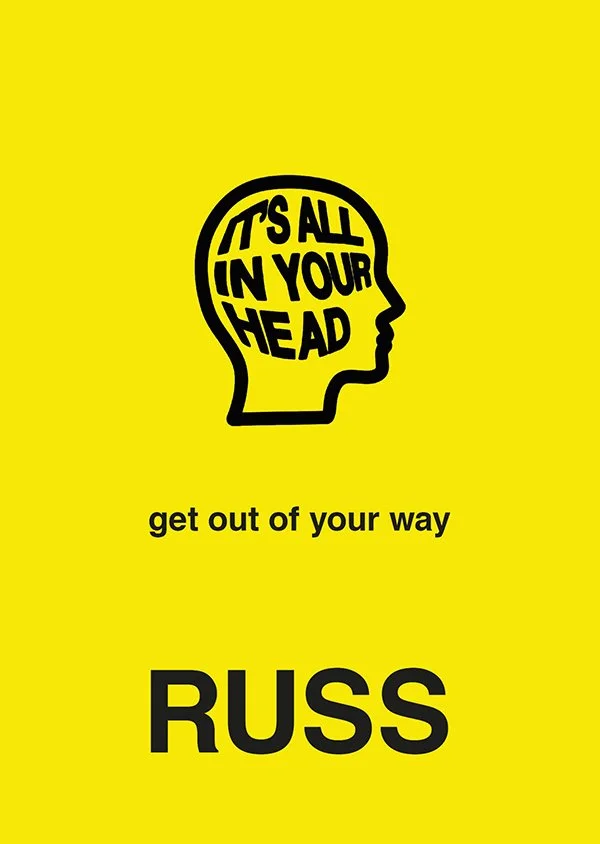BOOKWORM
TRUTH HURTS, LET IT BE
Mother Mary Comes to Me by Arundhati Roy, Scribner, $39.99. Arundhati Roy’s memoir is an intimate and unsettling chronicle of her relationship with her mother, whom she refers to as Mrs Roy, like the school children at the school Mary Roy founded and ran did.
For Mrs Roy, mother to all the kids in her care, was simultaneously mean and hurtful to her son and daughter. So much so that the daughter often wished she was a student at the school, instead of being her mother’s child.
She gave them spines, she gave them wings, she set them free. She bequeathed her unwavering attention and her stern love on them, and they shone back at her.
And so at her passing, Mrs Roy’s son, the author’s brother, can’t fathom why she’s “heart-smashed”.
Because it’s complicated. And because Roy learned that “most of us are a living, breathing soup of memory and imagination – and that we may not be the best arbiters of which is which.”
As a little girl, Roy longed to be loved and coddled by her mother. She was terrified of her outbursts, and her yelling get out of my house. Or get out of my car or get out of my life. Her mother’s caustic remarks left her feeling like she was “shrinking away from my own skin and draining away, swirling like water down a sink until I was gone”.
As a young woman, she admired her mother’s strengths, her ability to forge a path in a man’s world. “I watched her make space for the whole of herself, for all her selves, in that little world. It was nothing short of a miracle – a terror and a wonder to behold.”
It’s a searing, no-holds-barred account of the relationship, and of the other people who flit in and out of their lives. Like the father she barely recalls. When he shows up as a diminished, sad little caricature of a man, Roy wonders why she feels the “need to make this very private moment public”. But make it public she does. Because Mrs Roy had taught her free writing without flinching.
She writes about being commissioned to write 26 episodes of a drama series – but the man she was in a relationship with, Pradip Krishen, was to be credited as the scriptwriter. “I was completely unknown (also very young, very woman).”
About God of Small Things, her Booker Prize-winning debut novel and its reception. How some loved it, some hated it and others saw themselves in it. Notably her mother and her uncle.
She writes about having earned indecent amounts of money from royalties – from her perspective as a writer, not that of a film star or sports star. But she got a rockstar welcome when she entered the Convocation Hall at University of Toronto. The event, organized by Another Story Bookshop, Women and Gender Studies Institute at the University of Toronto, and Simon and Schuster Canada, packed the hall with 1700 attendees – and more waiting outside, hoping for last-minute cancellations. She had pre-signed 850 copies of her book and those were snapped up. More copies were picked up with devoted fans lining up after the event for a personalized message from the author.
The book is about her mother, but also her relationships, her books, her politics. In her talk, it was mostly her mother. Her shelter and her storm, she said.
The book brutal. It’s her truth. You don’t hate the one or love the other. They are what they are. But one thing stays with me. Roy describes her visceral reaction to watching Bandit Queen, the movie based on Phoolan Devi’s life. “It was not about whether explicit depictions of rape were right or wrong. It was about consent.” Consent to telling her story, which Phoolan Devi had not given.
Nor did Mrs Roy. Even if the book is, astonishingly, in spite of all evidence to the contrary, a declaration of love.
POWER OF TRANSLATION
To Place a Rabbit by Madhur Anand, Alfred A Knopf, $34. A scientist with a new-found desire to write fiction meets a novelist at a literary festival. The novelist’s most recent novella has been published only in French translation. The original English version is lost, and she, herself, doesn’t know French. The scientist, who is fluent in French, is moved to translate it back into English.
Complex as this is, the delightfully clever, artfully layered novel deliberates on “the power of translation to mitigate desire and of fiction to transform the course of reality,” as Madhur Anand writes in her Abstract.
She references Jhumpa Lahiri who has, famously, taken to writing in Italian and then translating her own work back into English.
While Lahiri is quoted as saying translation is a metamorphosis, a few characters in this book hold that translation is not an art, that there was no spark of imagination in it.
So which is it? And what happens when the translator moves from translation to what she dubs “transcreation”? Is it parasitic when she suggests changing lines, paragraphs?
This book, though a departure from Anand’s poetry, is lyrical, and yet, like her poetry, also weaves in science.
I left without looking back, but I did not need to, because I was standing between two mirrors, past and future, English and French, art and science, love and life, an infinitely recurring sequence.
The title of the book comes from the French phrase poser un lapin, which translates word-for-word as “to place a rabbit” but means to commit to doing something but not showing up for it.
“The question is how to weave it all together,” says Anand. “Sometimes I think I barely get away with it!”
Putting to rest the question that is bound to arise in the minds of readers – is the translator Anand herself? – she says the book could perhaps be called autofiction. “More fiction than auto!”
“One difference between the protagonist and myself would be that I do actually publish books. Though inspired by my life, it truly is fiction.”
RIVERS OF LIFE
There Are Rivers In The Sky by Elif Shifak, Alfred A. Knopf, $36. Arthur, a child born at the edge of the river Thames in 1840. Narin, a Yazidi girl living by the river Tigris in 2014. Zaleekhah, on a houseboat on the Thames in 2018.
Journeys across war-torn lands or escaping from the wreckage of a marriage, facing unbearable loss, the three are connected in miraculous ways.
The story of one lost poem, two great rivers and three lives all connected by a single drop of water spans centuries, continents and cultures.
With tendrils that reach out and touch other parts of the world. Narin’s grandmother calls out to her, “Dile min” or my heart.
“This is how Grandma expresses her affection, by turning her own body into an anatomy of love.” Corner of my liver, the light of my eye... desi readers will know of similar expressions in many of their languages.
There is also the realization that the more things change, the more they remain the same.
The Thames is no longer a life-giving river, neither gushing nor blue, but “it simply slithers, sluggish and gray like a cold-blooded reptile.” In 1854.
And Arthur is nervous about working in closed, stuffy places. “Indoors and outdoors, he worries about catching disaster from the air.” In 1854.
MASTERSTROKE
Blue Ruin by Hari Kunzru, Alfred A. Knopf, $37.99. Once tipped for greatness, with a promising art career taking shape, Jay is now undocumented in the US.
He lives out of his car, delivering groceries in a wealthy area of upstate New York, barely making enough to survive. One day, the address he has to deliver to turns out to be that of Alice, his former lover and the friend she left him for. Recognizing his dire circumstances, she invites him to stay on her property surrounded by acres of woods where a gallery owner and his girlfriend are riding out COVID as well.
Hari Kunzru paints a masterful account of the art world, the insecurities, the rivalries and the egos. The pain of knowing a lesser artist could “draw on a restaurant napkin and the owner would accept it to cover dinner”.
Blue Ruin is the portrait of an artist, brilliantly moving through the mindscapes of the past and present.
UNEARTHED
From These Roots by Tamara Lanier with Liz Welch, Crown, $39.99. Tamara Lanier grew up listening to her mother’s stories about her ancestors. As Black Americans descended from enslaved people brought to America, they knew all too well how fragile the tapestry of a life could be. As her mother’s health declined, she pushed Lanier to dig into these stories. “Tell them about Papa Renty,” she would say.
Her discovery of a nineteenth-century daguerreotype at Harvard University’s Peabody Museum of Archeology and Ethnology – one of the first-ever photos of enslaved people from Africa – reveals the ancestor her mother told her about. Renty, Congo, reads the caption.
Lanier’s quest to prove her genealogical bloodline to Papa Renty pits her in a legal battle against Harvard and its army of lawyers.
Who has claim to the stories, artifacts and remnant’s of America’s stained history – the institutions that acquired and housed them for generations, or the descendants?
From These Roots is a historical record of one woman’s lineage. It is also a call to justice for all those demanding to reclaim, honour and lay to rest the remains of mishandled lives and memories.
THE BEST LAID PLANS
The Design of Us by Sajni Patel, Berkley Romance, $25.99. Bhanu brings big energy to everything she does, including going for the promotion where her only serious competition is Sunny.
Like in the best rom coms, fate conspires to present them with a situation where they have to pretend to be a couple. Until they realize they’re not faking it any longer.
They say what happens on an island stays on the island, but will they be able to survive this romantic getaway without crossing the line? And ahem, what of the promotion?
TRAPPED
Best of All Worlds by Kenneth Oppel, Penguin random House, $26.99. Xavier Oak doesn’t particularly want to go to the family cottage with his dad and pregnant stepmother. But family obligations are family obligations, so he leaves his mom, his brother and the rest of his life behind for a weekend at the lake.
Except, on the first morning he wakes up and the cottage isn’t where it was before. They discover they are trapped inside a dome and there’s no one else around. Until, three years later, another family arrives.
TEEN REVIEW
By ZAINAB QURESHI
It’s All In Your Head: Get Out Of Your Way, Russ, Harper Collins, $26.99. This book is about believing in yourself as that is the only way you can succeed.
It teaches readers about self-love, prioritizing their mental health, and being successful, whether that be in grades, hobbies, or as a person. This is an inciting book that many can read to not only learn about Russ but learn about who you are as an individual.
It is sectioned into three parts. Part one is labelled Delusion; to become successful, you must believe you are capable of it. If that mindset is absent, it is easy to become estranged from your goal.
Part two is Persistence, knowing how to continue and not stray away from the success you dream of.
And part three is Gratitude. On acknowledging your achievements, hard work, and living the “journey” as that is what matters most.
An autobiography of the famous American rapper and singer Russ, the main point, as the title suggests, is it’s all in your head: get out of your way. Our mindset and brains are the only thing holding us back from our desired goal. To become what is called successful, you must be able to live each moment to the fullest and embrace every part of your journey, the positives and the negatives.
• Zainab Qureshi is a youth volunteer at Brampton Library.








